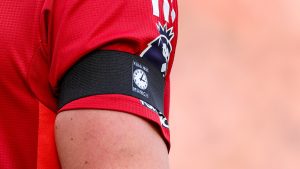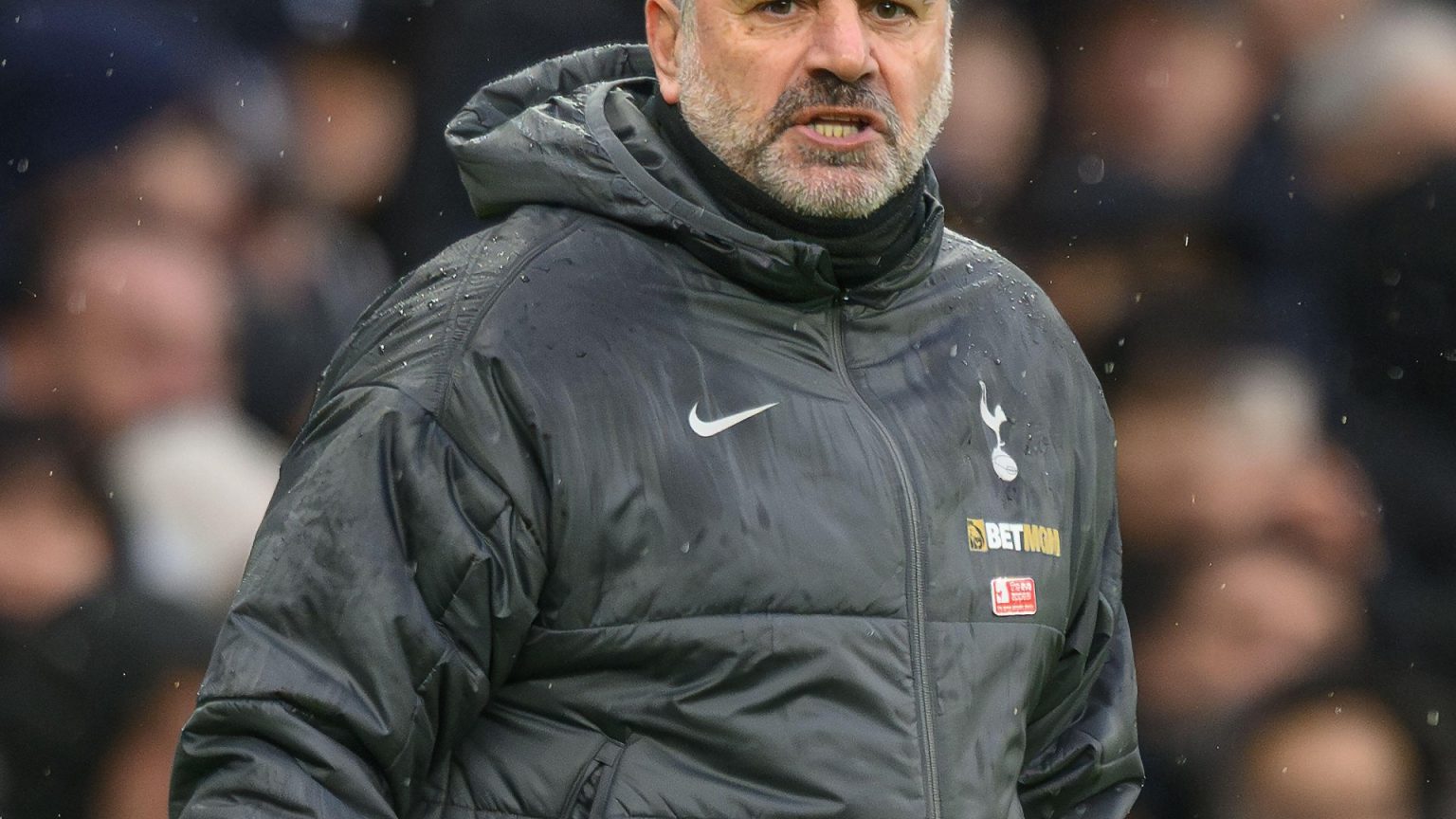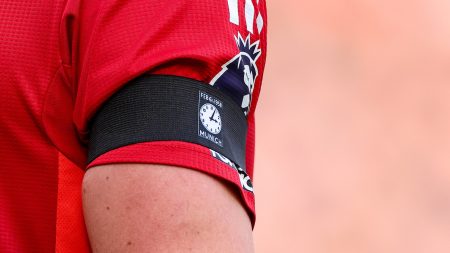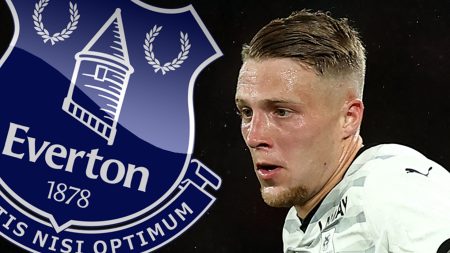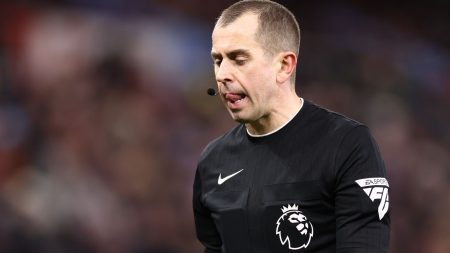Richie Wellens, the manager of Leyton Orient, found himself in hot water after a post-match interview following a 1-0 defeat to Stockport County. Frustrated by the loss and a series of injuries that have plagued his team this season, Wellens made an off-the-cuff remark about Tottenham Hotspur manager Ange Postecoglou. When questioned about the impact of injuries on his team’s performance, Wellens retorted, “I’m not Ange Postecoglou and keep using it as an excuse.” This seemingly innocuous comment quickly gained traction, prompting swift action from both Wellens and Leyton Orient. Recognizing the potential repercussions of his statement, Wellens immediately issued a sincere apology to both Postecoglou and Tottenham Hotspur.
Wellens’s comment, though made in the heat of the moment after a disappointing defeat, touched a sensitive nerve. It appeared to trivialize the genuine injury challenges faced by Tottenham Hotspur throughout the season. Injuries are an undeniable part of football, but the sheer number of players sidelined at Tottenham had undoubtedly impacted their performance and Postecoglou’s ability to field his strongest team. While Wellens might have intended to express his own frustration with his team’s injury woes, his remark inadvertently implied that Postecoglou was using injuries as a convenient excuse for poor results. This insinuation, whether intentional or not, was quickly perceived as disrespectful to both Postecoglou and Tottenham.
The incident underscores the importance of carefully chosen words, especially in the public arena of post-match interviews. The pressure and emotions of a recent defeat can sometimes lead to impulsive statements that, upon reflection, are regretted. Wellens’s swift apology and retraction demonstrated a commendable willingness to acknowledge his mistake and take responsibility for his words. This prompt action likely helped mitigate the potential damage to his reputation and the relationship between Leyton Orient and Tottenham Hotspur.
The incident also highlights the interconnectedness of football clubs, even across different leagues. Leyton Orient and Tottenham Hotspur share a close relationship, with Tottenham often loaning young players to gain experience at Orient. This collaboration benefits both clubs, providing opportunities for young talent and strengthening the bond between them. Wellens’s comment risked jeopardizing this valuable partnership, further emphasizing the need for diplomacy and respect in public statements. The prompt apology and acknowledgment of the strong relationship between the clubs served to reaffirm their mutual respect and commitment to continued cooperation.
Wellens’s full apology statement further clarified his position and reiterated his remorse. He admitted to making a “stupid comment” without thinking and expressed his embarrassment upon reviewing the interview. He underscored the strong relationship between Leyton Orient and Tottenham Hotspur, emphasizing that it was never his intention to damage this connection. He praised Postecoglou as a “world-class coach” and extended his best wishes to Spurs for the remainder of the season. This comprehensive apology demonstrated genuine contrition and a desire to mend any potential rift caused by his initial remark.
The backdrop to this incident is Tottenham’s challenging season, plagued by a seemingly endless string of injuries. Numerous key players have been sidelined, forcing Postecoglou to constantly adapt his tactics and lineup. While injuries are an unfortunate reality in any sport, their cumulative effect can significantly impact a team’s performance and morale. Wellens’s initial comment, however unintentional, appeared to downplay the genuine difficulties faced by Postecoglou and Tottenham in navigating this injury crisis. The subsequent apology served to acknowledge these challenges and express support for the club as they navigate the remainder of the season.
